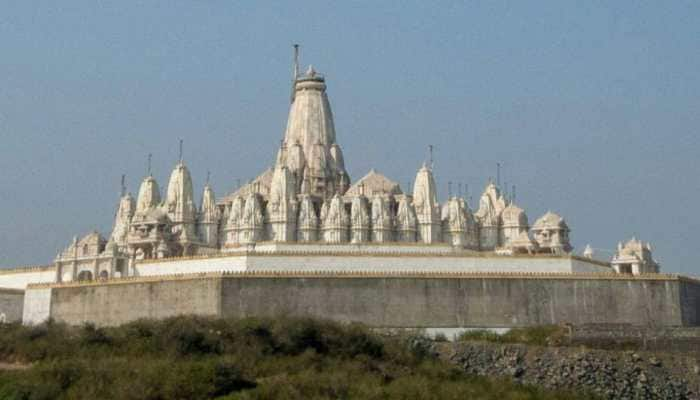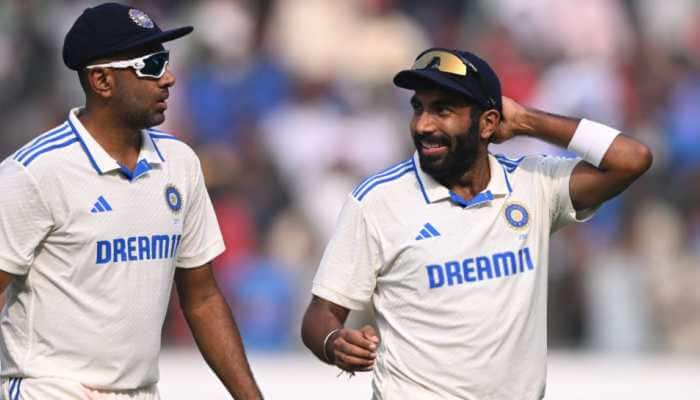How does the common man in Pakistan see Hafeez Saeed-led Lashkar-e-Toiba?
Despite global outcry, top LeT leader Saeed is free and is planning to contest national elections in a bid to go mainstream.
Trending Photos
)
NEW DELHI: Pakistan has been dealing with intense international pressure to act against banned militant outfit Lashkar-e-Toiba or LeT, co-founder Hafiz Saeed and it's alleged charitable wing Jamaat-ud-Dawa (JuD).
Despite the global outcry and US' cutting off military aid, top LeT leader Saeed is free and is planning to contest national elections in a bid to go mainstream. To pacify the US, Pakistan has started seizing JuD and other UN-banned organisations' assets.
But what does the common man or aam aadmi of Pakistan feel about all this? What do they think of LeT and Saeed?
The country's leading daily Dawn, quoting data from Pew Global Attitudes survey, states that while Pakistanis do not support terrorist groups, they do tend have a favourable outlook towards LeT.
“But their (Pakistanis) views towards LeT tend to be slightly more favourable than their views towards the TTP (Tehrik-i-Taliban Pakistan). For instance, according to the Pew Global Attitudes poll in Pakistan in 2015, 14 per cent of respondents reported favourable views of the LeT, relative to 9 per cent who reported favourable views towards the TTP,” states the article.
“Pakistanis are also more uncertain about, and less unfavourable towards, the LeT than towards the TTP. 36 per cent reported unfavourable views of the LeT, while 49 per cent did not respond when asked about it,” it adds.
The article goes on to explain that the public’s narrative on LeT is muddled.
“The group has been allowed by the state to function as a socio-political entity, and allowed to rebrand under different fronts. Its propaganda is vast and accessible, and its charitable arm is successful and effective.
“What’s more, the Kashmir cause and LeT’s negativity on India resonate with the population – but it is important to note that the LeT propaganda is not anti-India alone. It is anti-West and anti-Israel as well.”
Saeed-led JuD has been at the forefront of civic, medical and emergency relief measures.
“A Washington Post report from the time (2005 Earthquake) refers to a man who received medical help from the JuD after the 2005 earthquake, saying he 'did not know whether the group was involved in violence, nor did he care.' What mattered to him was that 'every 10 minutes a doctor or medical attendant comes in to check on'", leading to high public opinion about the organisation.
LeT, with it's anti-India and anti-West rhetoric and strong Islamic ties, “helps normalise the group.”
The article goes on to explain that Pakistan’s younger population has “more favourable opinions of the LeT” and are “likely to sympathise with all extremist groups, reflecting an increasing tolerance of extremism on multiple dimensions in the younger generation.”
Stay informed on all the latest news, real-time breaking news updates, and follow all the important headlines in india news and world News on Zee News.
Live Tv







)
)
)
)
)
)
)
)
)
)
